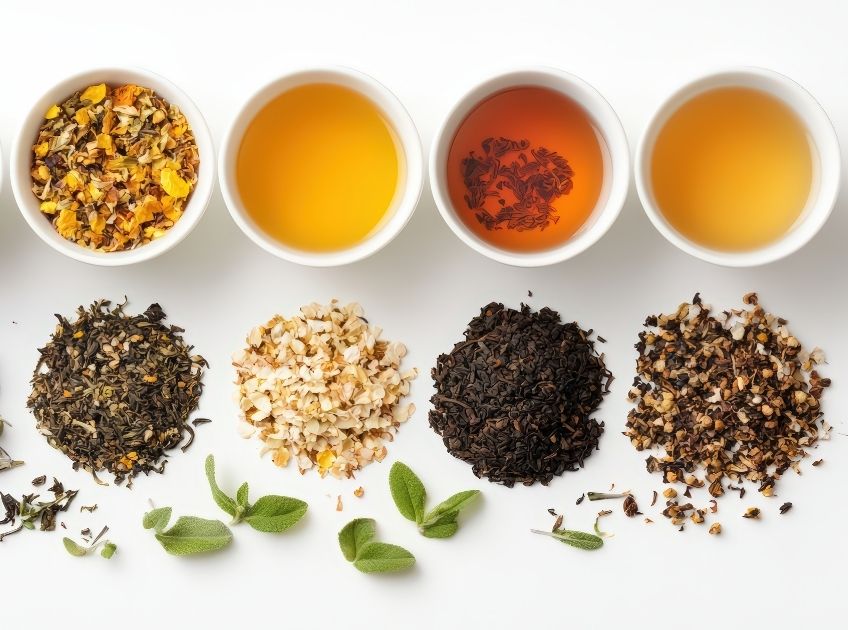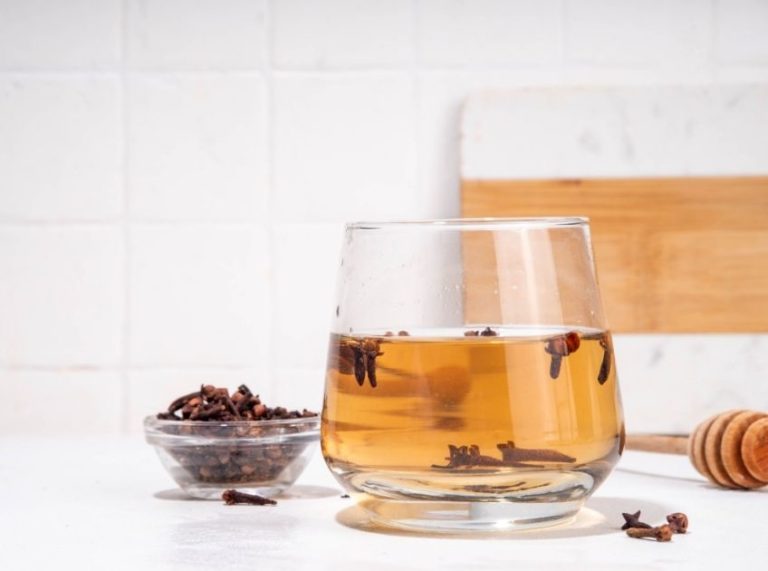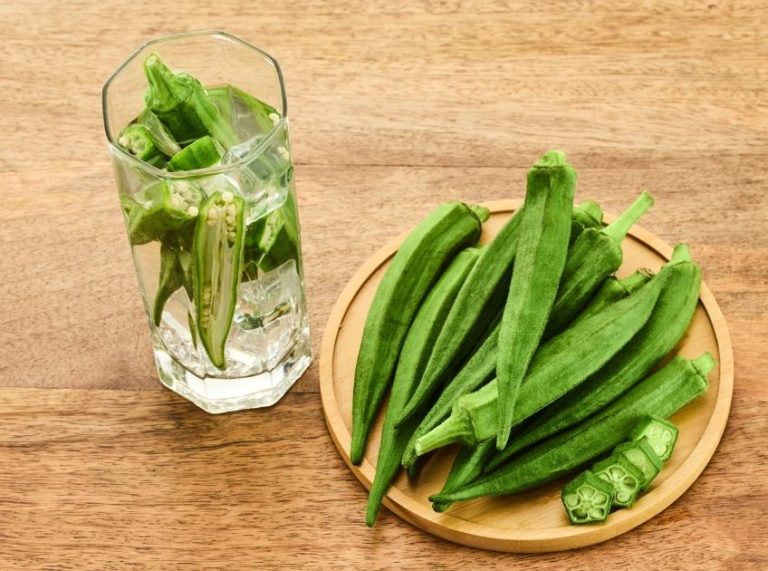
Important: This article is for informational purposes only. Please read our full disclaimer for more details.
Bloating is uncomfortable, frustrating, and often strikes without warning—whether after a heavy meal, hormonal changes, stress, or digestive issues. While occasional bloating is normal, persistent gas and abdominal discomfort can affect your daily routine and confidence.
One of the most soothing natural remedies for bloating is herbal tea. Certain herbs have been used for centuries in Ayurveda, Traditional Chinese Medicine, and Western herbal practices for digestive support. Many of them work by easing gas buildup, relaxing digestive muscles, reducing inflammation, and promoting smoother digestion.
Here’s a guide to the best herbal teas to sip when your stomach needs relief, backed by traditional wisdom and modern research.
Sip the Bloat Away: 8 Herbal Teas That Work Wonders
1. Peppermint Tea: The Cooling Digestive Smoother
Peppermint tea is widely known for its ability to relax the gastrointestinal muscles and ease gas buildup. It contains menthol, which has antispasmodic properties that help reduce abdominal cramping, indigestion, and bloating.
Pro tip: Drink after meals to support digestion and prevent gas formation.
2. Ginger Tea: The Anti-Bloat Powerhouse
A staple in natural medicine, ginger helps stimulate digestive enzymes and speeds up stomach emptying, preventing food from fermenting and causing excess gas. Its compound gingerol also offers anti-inflammatory benefits.
Best for: bloating accompanied by nausea, heaviness after meals, or motion sickness.
3. Fennel Tea: The Gas-Relief Digestive Tonic
Fennel seeds are widely used after meals in many cultures to support digestion. Fennel tea works as a natural carminative, helping the body release trapped gas and reduce abdominal pressure.
How it helps: Relaxes intestinal muscles, reduces gas formation, and supports gut motility.
4. Chamomile Tea: The Calm-Your-Gut Herbal Soother
Chamomile helps relax the digestive tract and ease discomfort caused by indigestion and acid reflux. It also reduces stress—a common trigger for digestive issues—making it ideal for bloating linked to anxiety or poor sleep.
Bonus: Its mild sedative properties promote relaxation and better sleep, indirectly supporting digestion.
5. Lemon Balm Tea: The Gentle Gut-Relaxing Brew
Part of the mint family, lemon balm helps calm the nervous system and soothe the digestive tract. It is particularly beneficial for IBS-related bloating and digestive discomfort linked to stress or emotional tension.
Great for: bloating caused by anxiety, nervous stomach, or stress eating.
6. Dandelion Root Tea: The Detoxifying Debloater
Dandelion tea acts as a natural diuretic, helping reduce water retention—often mistaken for bloating. It also supports liver function and bile production, improving digestion and fat breakdown.
Ideal for: hormonal bloating, fluid retention, and sluggish digestion.
7. Turmeric Tea: The Anti-Inflammatory Gut Healer
Turmeric tea, often prepared with black pepper for better absorption, helps reduce gut inflammation and supports digestion. Its active compound, curcumin, has strong anti-inflammatory and antioxidant properties.
When to drink: during bloating caused by inflammation or after a heavy meal.
8. Cinnamon Tea: The Warming Digestive Balancer
Cinnamon tea helps balance blood sugar, reduce gas, and improve digestion. Its soothing warmth naturally relaxes digestive muscles, reducing cramps and bloating.
Best enjoyed: After a rich or sweet meal to prevent gas and discomfort.
Why Herbal Teas Work: A Quick Look at the Science
Research supports the traditional use of many herbs for digestive relief:
- Peppermint: Shown to reduce IBS symptoms and abdominal pain due to its antispasmodic effects (1).
- Ginger: Proven to improve digestion and decrease nausea by speeding gastric emptying (2)(3).
- Fennel: Known for carminative effects that help ease gas and bloating (4).
- Turmeric: Contains curcumin, studied for its anti-inflammatory and gut-healing properties (5).
While herbal teas are generally safe, they work best alongside mindful eating, stress management, and adequate hydration.
Frequently Asked Questions (FAQ’S)
1. How often can I drink herbal teas for bloating?
A. Most herbal teas can be safely enjoyed 1–3 cups per day. However, if you are pregnant, breastfeeding, or on medication, check with a healthcare professional before consuming medicinal-strength herbal teas.
2. Can I mix different herbs in one tea?
A. Yes, many herbs complement one another. For example, peppermint + ginger, or chamomile + lemon balm make effective digestive blends. Start with small amounts to see how your body reacts.
3. How soon can I expect relief after drinking herbal tea?
A. Many people feel relief within 20–45 minutes of drinking herbal tea. For chronic bloating, regular consumption over a few days may provide more noticeable results.
Herbal teas offer a gentle, natural, and enjoyable way to support digestion and relieve bloating—without harsh medications. Whether your bloating is caused by food, stress, indigestion, or fluid retention, there’s a tea to help soothe your gut and restore comfort.
Regularly including these herbal teas in your routine, along with mindful eating and a balanced diet, can support a healthier, happier digestive system.















